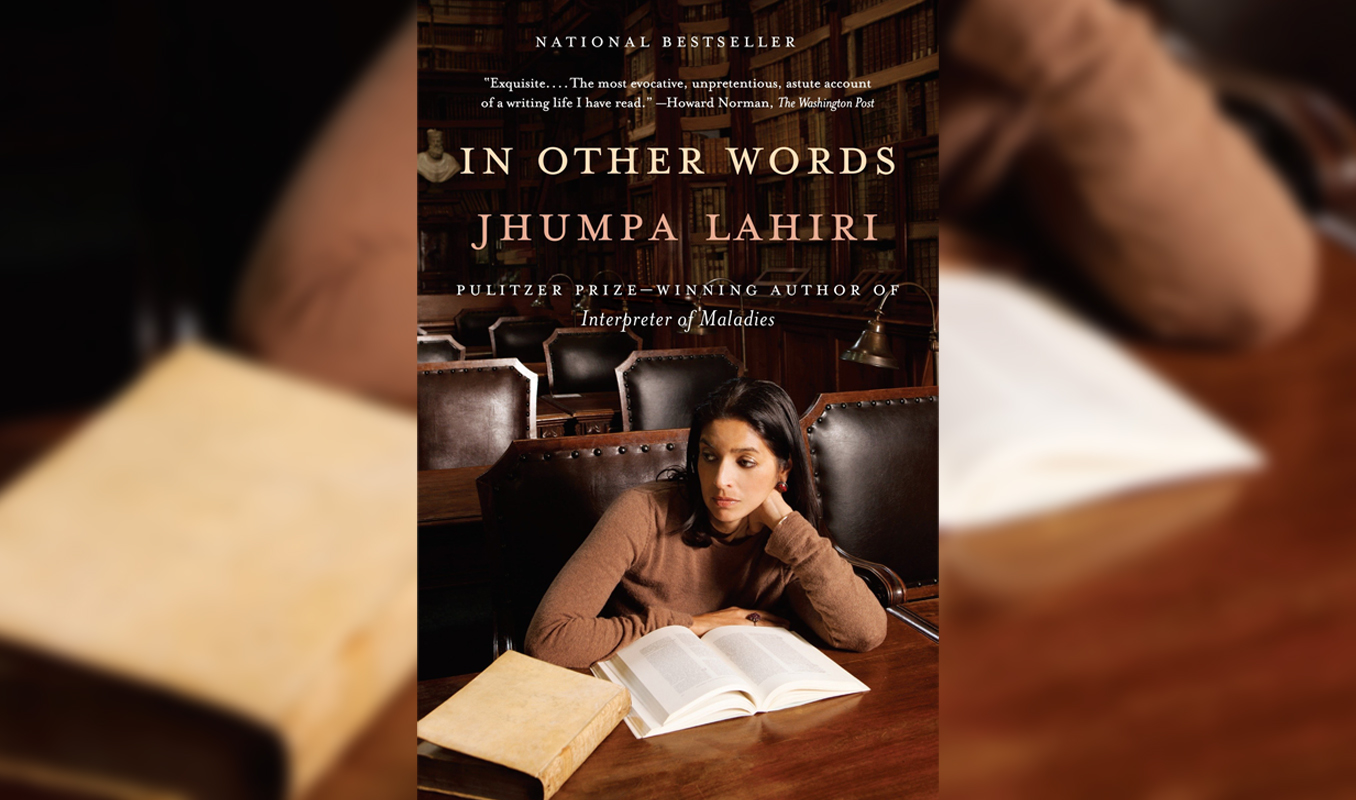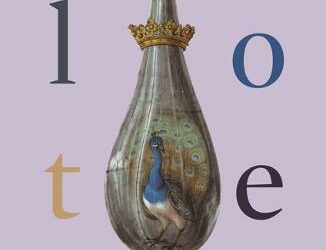
Over June and July, our NCW Book Club choice is In Other Words by Jhumpa Lahiri. We hope you’ll join us in reading the book, and that you’ll join the discussion in our Discord community or one of our discussion sessions taking place online and in person.
Virtual Book Club Discussion: In Other Words, Friday 16 July, 5.30 – 7pm BST, online
NCW Book Club Discussion: In Other Words, Tuesday 20 July, 6 – 7.30pm BST, Dragon Hall Norwich
In the meantime, here are some questions that you might like to consider or discuss with friends, family and fellow members of the Book Club as you make your way through the book.
We’d love to hear your thoughts on In Other Words, and any other questions that the book sparks for you. See our post here to find out about all the different ways you can get involved.
In Other Words is available for purchase from The Book Hive (get 10% off when you mention NCW Book Club) or from other independent bookshops. There’s still plenty of time to read along with us!
Happy reading!
Reading in translation
This is the second work in translation we have read together; back in February 2020, when the Book Club first started, we read Sayaka Murata’s Convenience Store Woman, translated from the Japanese by Ginny Tapley Takemori. Do you read many books in translation, or is this a new experience for you? How does your experience of reading In Other Words compare with any other books in translation that you’ve read?
Do you read many books in translation, or is this a new experience for you?
Many editions of In Other Words are presented in parallel text format, with the Italian on one page and the English translation on the other. How do you feel about this presentation? Do you find it interesting, unremarkable, challenging? Why might that be? Why do you think the author and publisher have chosen to present the book in this way?
In the book, Lahiri considers that “translating is the most profound, most intimate way of reading”. In the chapter “The Imperfect”, we have the chance to see translation in action, with examples from Italian and English included in the same sentences. How do you feel when reading these examples? Is it easy or difficult to orientate yourself in these bilingual sentences? Do they reveal something of the intimacy of translation, or do they do something different for you?
In her 2021 Sebald Lecture, Jhumpa Lahiri compared the art of translation to the Greek mythical figure Echo, who could only repeat what was said to her, and also to Janus, the two-headed Roman god of the threshold. Do either of these figures feel helpful or interesting to consider as you read Ann Goldstein’s translation of Lahiri’s book?
Memoir and fiction
In Other Words tells the story of a huge change in the author’s life, as she moves her family to another country and takes the creative risk of starting to write in a new language. How would you characterise this story? Would you say it is a typical memoir or travelogue? Is there anything unusual about In Other Words compared to other memoir and non-fiction books you have read?
Unusually for a memoir, In Other Words contains two short stories as fictional chapters – “The Exchange” and “Half-Light”. Why do you think Lahiri has included these stories, and how do they relate to the rest of the book? Do you find that the line between memoir and fiction is clearly drawn in this book, or are there moments where the two genres begin to blur?
In Other Words is, in many ways, a book about the act of writing. We read about the author making notes, keeping a diary, and occasionally translating from Italian into English. The author’s note and afterword shed further light on how Lahiri came to write this book, too. What does it mean to you to read a book that is itself about writing?
Structure and style
In Other Words is structured as a series of brief chapters showing the development of the author’s relationship with another language and a new city. Do you find this to be a recognisable narrative arc, and if so, what is the effect of this narrative structure? Or do you find that the story take a different shape? If so, why might that be, and what is the effect?
In her author’s note, Lahiri writes, “I wanted the translation of In altre parole to render my Italian honestly, without smoothing out its rough edges, without neutralizing its oddness”. How would you describe the style of Lahiri’s writing, as it comes through in Ann Goldstein’s translation? Do you agree with Lahiri that there is something rough or odd about it, or not? Is the style the same across the memoir and fiction chapters, or is there a difference between these two different genres?
Why do you think the metaphor changes as we progress through the book?
Throughout the book, Lahiri uses various metaphors to describe her relationship with Italian: the lake, a romance, the sweater, motherhood. Why do you think the metaphor changes as we progress through the book? Is there a particular one that you found most striking, and why was that? Were these metaphors an effective way to communicate the experience of immersing oneself in a new language, in your opinion? If you speak an additional language yourself, which metaphor most resonated with your own relationship to your languages?
You may also like...
NCW Book Club: recommended reads for fans of Abir Mukherjee
If you enjoyed A Rising Man, we think you’ll love these books too

24th June 2021
NCW Book Club: In Other Words by Jhumpa Lahiri
Join us and share your passion for reading

4th June 2021
NCW Book Club: recommended reads for fans of Khairani Barokka
If you enjoyed Rope, we think you’ll love these books too

13th April 2021






